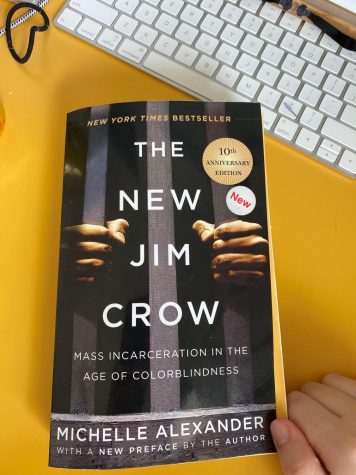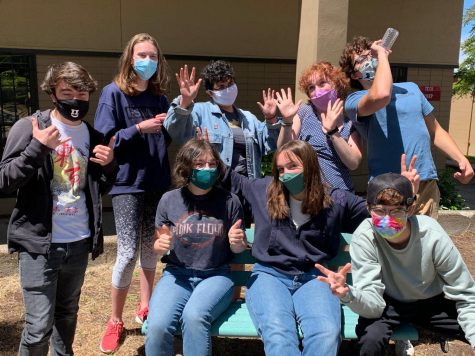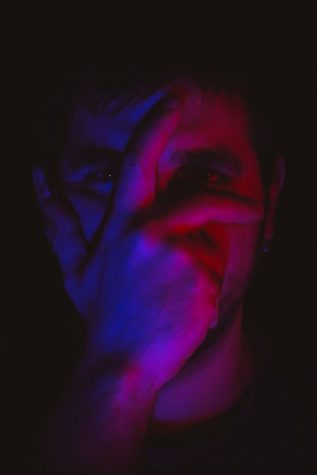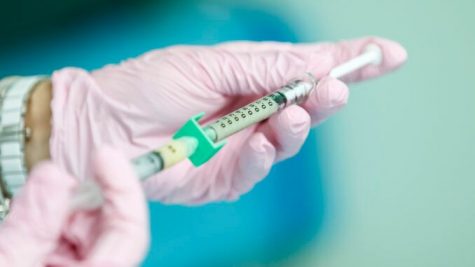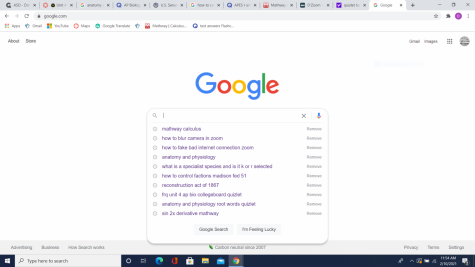Policing Neurodivergence

Content warning: ableism, suicidal ideation, and police brutality.
Mathew Rushin, a 21 year old college student was arrested and wrongfully convicted for a car accident resulting in the severe injury of two people back in 2019. He was sentenced to 50 years in prison after being persuaded and gaslighted into saying he had been attempting to kill himself. Rushin’s autism was never mentioned when the trial was occuring, leading to an unfair trial that painted him as a criminal.
The police system has a tendency of misleading the public to side in their favor by altering the truth. During the trial in court, the criminal lawyer who was siding against Rushin at the time tricked him into confessing to crimes that he never committed by taking advantage of his ADHD and autism. The lawyer learned that Rushin had a habit of repeating anything that he was told. The lawyer used this to his advantage and had Rushin confessing to any crime that the lawyer told him. The media was led to believe that Rushin was driving recklessly and crashed straight into a car purposefully. The court finalized this case as a suicidal case by using Rushin’s disabilities and symptoms against him.
Unfortunately, Rushin’s case isn’t the first where the law took advantage of his disabilities. Many neurodivergent individuals find themselves wrongfully targeted in everyday life. Autism, ADHD, OCD, and many more are examples of neurological disorders. These disabilities aren’t crimes and should not be treated as though they are. We should be celebrating the differences in our wonderful brains, not bashing symptoms and labeling them as something dangerous or wrong.
The problem with the current law enforcement system is that those with neurological disorders are wrongfully targeted for their uncontrollable symptoms and brain patterns. Specifically, Black individuals with neurological disabilities are walking around with a target on their back. Throughout the years, we have seen many hate crimes against the neurodivergent community, which leads the members of the community to live in constant fear and paranoia. This leads us as a society to consider the following question: how can we keep the neurodivergent community safe? There’s protests, petitions, and even bills that are pushing to protect our community, but it’s not enough. Innocent people’s lives are being taken and corrupted. Those with neurological disorders sticking up for each other isn’t enough anymore; we need support from neurotypicals and influencers.



